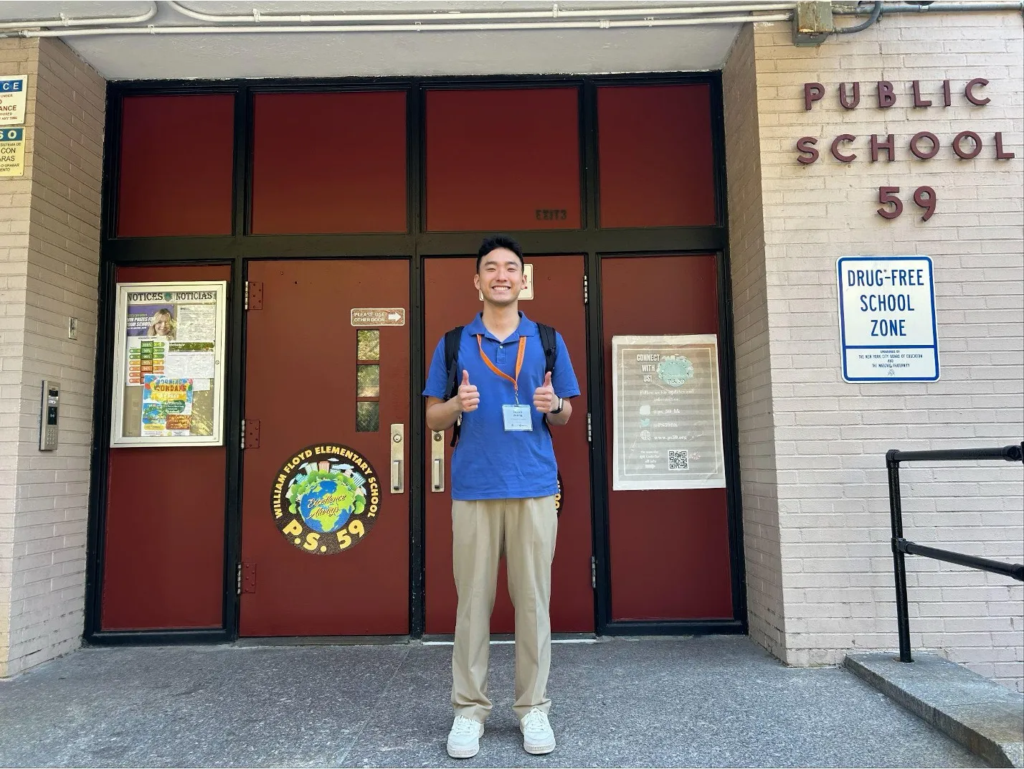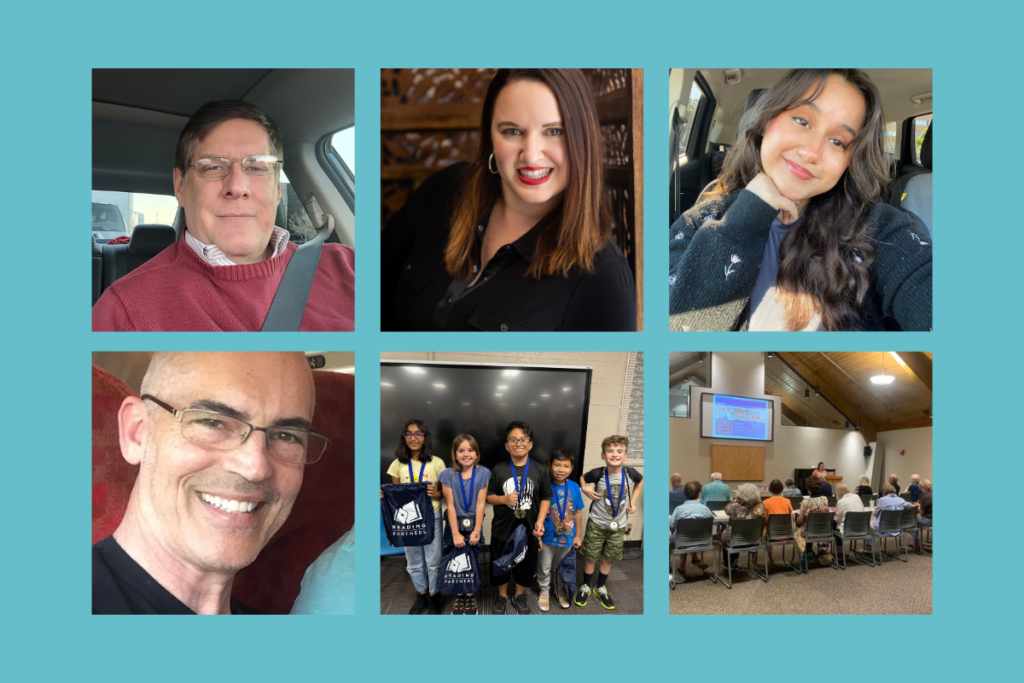
Baltimore needs tutors to offset pandemic’s impact on learning | READER COMMENTARY
April 2, 2021
Kolby Farrar, left, a 17-year-old senior at Carver, works with tutor Tom Stanton during an SAT prep course at Baltimore Polytechnic Institute two years ago. (Jerry Jackson/Baltimore Sun).
Originally published on The Baltimore Sun
Nearly 72% of our city’s kindergarten-to-5th grade students are not reading on grade level. One effective strategy to combat this literacy crisis is intensive, one-on-one tutoring, which is why I’m grateful to see the Abell Foundation’s latest report explore Baltimore’s tutoring landscape and urge leaders to expand these services to more students (”Baltimore schools should expand tutoring to compensate for COVID disruptions, Abell Foundation says,” March 30).
As the leader of Reading Partners, one of the nonprofits highlighted, the Abell Foundation report reaffirms much of what we know to be true: one-on-one tutoring works and this intervention is needed more than ever to close opportunity gaps exacerbated by COVID-19 school closures. I’ve experienced firsthand students’ confidence soar as they mastered a new skill, witnessed tutors swell with pride as they reflect on a tutoring session and celebrated AmeriCorps members as they pursue teaching careers after a year of service.
The six other programs included in this report can likely share similar stories, ones that add color to the rigorous research proving the effectiveness of individualized tutoring. While there is always room for growth and improvement as nonprofit partners, it’s heartening to see Baltimore embrace the potential of tutoring programs to support these 18,000 students on their reading journeys.
Jeffrey Zwillenberg, Baltimore
The writer is the senior executive director of Reading Partners Baltimore.



